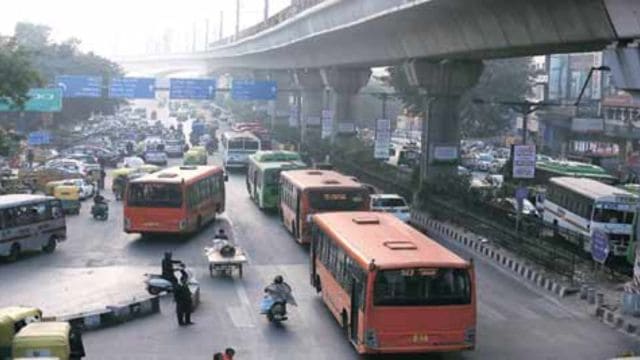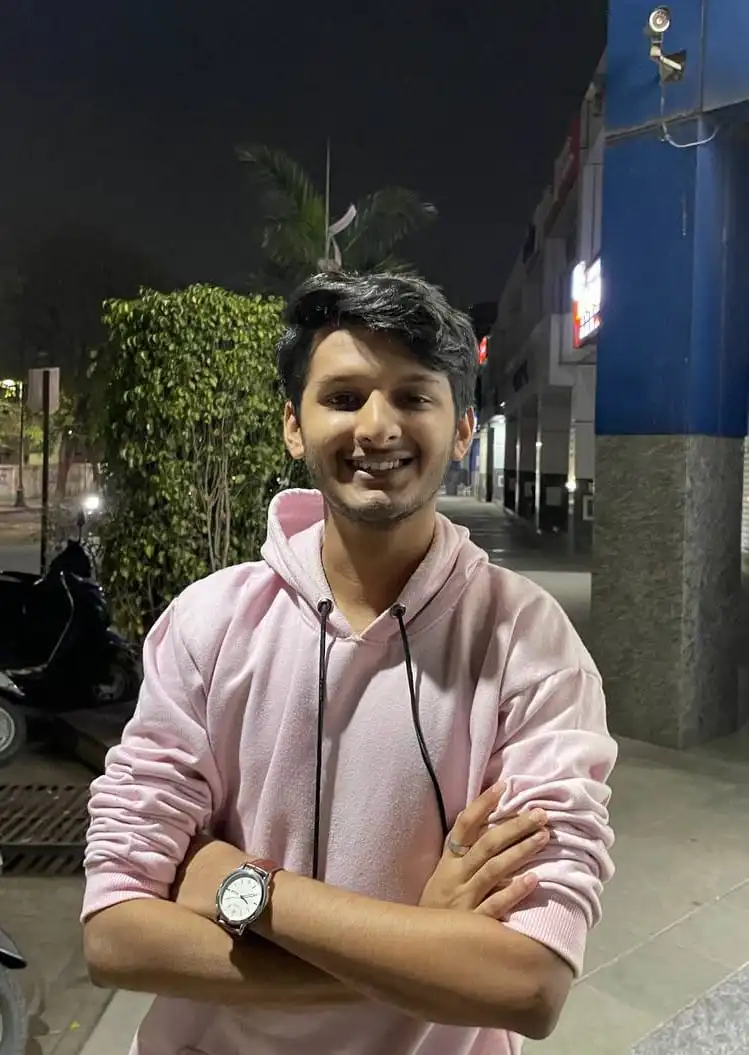Click here to join Express Pune WhatsApp channel and get a curated list of our stories
Karnataka, Delhi free buses a bigger help to women than Maharashtra’s intercity half ticket: study
The study argues that subsidies on buses within the city are more aligned with the travel needs of urban women as compared to intercity bus subsidies.
 Published in July 2025, the study is based on over 2,500 surveys, focus group discussions, and key informant interviews across 10 cities in the states of Delhi, Karnataka, Kerala, West Bengal, and Maharashtra. (File Photo)
Published in July 2025, the study is based on over 2,500 surveys, focus group discussions, and key informant interviews across 10 cities in the states of Delhi, Karnataka, Kerala, West Bengal, and Maharashtra. (File Photo)Maharashtra’s ‘half ticket’ scheme on intercity bus travel has yielded modest improvements in women’s mobility and employment compared to states like Delhi or Karnataka that offer full-fare subsidies for women on buses within the same city, says a new study commissioned by the Sustainable Mobility Network in collaboration with Parisar and Waatavaran Foundation and conducted by Nikore Associates.
Published in July 2025, the study is based on over 2,500 surveys, focus group discussions, and key informant interviews across 10 cities in the states of Delhi, Karnataka, Kerala, West Bengal, and Maharashtra. In Karnataka and Delhi, under state government schemes, women are able to travel in buses free of cost. In Maharashtra, under the Mahila Samman Yojana, women get a 50 per cent concession on tickets on all state buses. Kerala and West Bengal do not have any subsidies.
The study shows that a full subsidy on intracity bus travel is beneficial to urban women in terms of savings and employment, while partial intercity travel subsidies like the one in Maharashtra failed to address the daily commuting needs of many women. It also challenges the belief that fare-free schemes are fiscally unviable by saying that these schemes generate strong economic returns and unlock suppressed demand.
Highlights of the study
- 42% of women on average in Maharashtra’s three largest cities reported no change in their travel behaviour despite the subsidy from the Mahila Samman Yojana
- Only 10% of women on average in Mumbai, Pune, and Nagpur reported being able to travel longer distances after the scheme’s implementation compared to 32% of women across cities with full-fare subsidies like Delhi, Bengaluru, and Hubballi-Dharwad
- More than one in four women across cities with full-fare subsidies like Delhi, Bengaluru, and Hubballi-Dharwad reported switching to buses after their states removed bus fares
- 26% of women on average across cities with both full-and partial-fare subsidies reported feeling safer in buses after the introduction of these schemes
The study argues that subsidies on buses within the city are more aligned with the travel needs of urban women as compared to intercity bus subsidies. It states, “In full subsidy cities, women save consistently over half of their monthly transport expenses.
These savings offer meaningful budget relief, allowing women to redirect resources toward essential household needs such as food, healthcare, and children’s education….In cities such as Nagpur and Pune, where fare subsidies apply primarily to intercity or long-distance routes, average monthly savings range from ₹409 to ₹538. These limited outcomes are due to a misalignment between subsidy coverage and women’s actual travel patterns, as most of their trips occur within the city limits and are linked to work-related responsibilities. These daily, short-distance journeys often remain fully paid, which limits the overall effectiveness of the subsidy.
Ranajit Gadgil, Programme Director at Parisar, an NGO working in the field of urban mobility, said, “Subsidies on intercity travel help very little with the everyday reality of getting to work, caregiving, or running errands. The demand is for complete fare subsidies on regular, daily routes. Pune and Mumbai’s recent fare hike and the ridership drop after it are important indicators of the role of fares in accessibility to public transport in general. Also, the fact that cities don’t have gender-specific data limits our ability to gauge the impact of such decisions on women.”
Analysing the findings of the study, Urban Transport Planner Bhaumik Gawande told The Indian Express, “The positive impact of fare subsidy schemes is most evident when buses are used to access employment. In cities like Delhi, Bengaluru and Hubli, fully subsidized urban buses have empowered women to take up jobs and redirect savings toward essentials like education and healthcare. In Maharashtra, while MSRTC’s partially subsidized intercity buses offer some benefits within the MMR region, the impact is limited in cities like Nagpur and Pune, where such buses are not primary modes of work travel. To ensure fiscal sustainability and equity, intercity subsidies should focus on employment-linked, student, or senior citizen passes.”
The study suggests that Maharashtra could expand its scheme to cover travel within the city to address the mobility needs of urban women. However, it also warns “that full subsidies have also triggered operational strain—overcrowding, compromised safety, and negative staff attitudes—due to increased ridership without proportional investment in capacity expansion.”
Click here to join Express Pune WhatsApp channel and get a curated list of our stories












